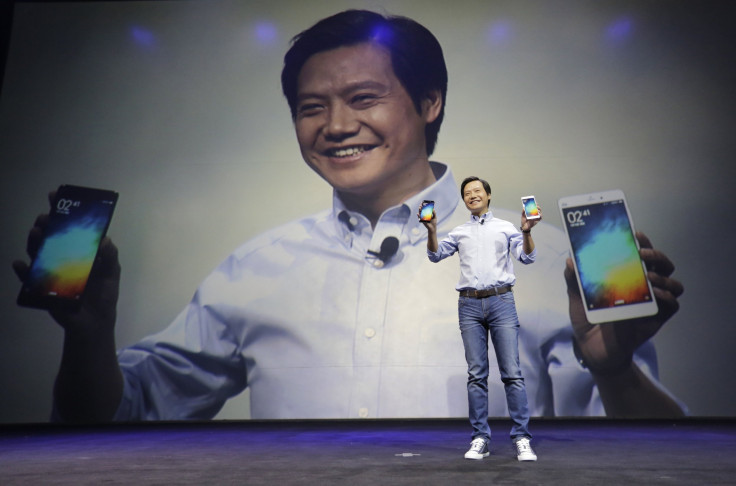Chinese Smartphone Maker Xiaomi Will Expand To Brazil, Russia In 2015, But Not The US

In 2014, Chinese electronics giant Xiaomi Inc. surpassed Samsung Electronics Co. and Apple Inc. to become China’s leading smartphone vendor. In 2015, it will attempt to replicate that success in two new markets: Brazil and Russia.
“We are very glad we rode the curve of smartphone growth in China,” Xiaomi President Bin Lin told the Wall Street Journal. “Certainly many developing countries are following what has happened in China.”
But now Xiaomi's growth in China is starting to slow and competition is intense, meaning the company needs new markets to conquer. Other domestic manufacturers like Lenovo Group and Huawei Technology pose a threat to Xiaomi’s market share in China. Huawei’s new Honor brand of smartphones sold 20 million in 2014, its first year of availability.
Xiaomi already has seen some early success in India and the company is selling smartphones in Taiwan, Singapore, Malaysia and the Philippines. Globally, Xiaomi became the No. 3 smartphone maker behind Samsung and Apple, but plans to expand to markets like Europe and the U.S. may still be far off. Some analysts, however, say Xiaomi may be silently planning that move.
While providing high-quality but low-cost hardware has been its claim to fame, Xiaomi also is attacking the high-end market inhabited by Samsung and Apple. Xiaomi announced its Mi Note phablet Thursday, which will sell for 2,299 yuan ($371) when it launches Jan. 27. In comparison, devices like the iPhone 6 Plus sell for an upward of $749.99 and the Samsung Galaxy Note 4 starts at $699.99.
Brand loyalty for Xiaomi is so intense that customers eagerly promote the company through word-of-mouth and send holiday gifts to the company’s CEO, Lei Jun. Xiaomi says its dedication to consumer feedback helps maintain these loyal customers. Xiaomi smartphones receive updates to their MIUI weekly and the company has a team of 50 people who address customers' messages on social media, according to the WSJ.
© Copyright IBTimes 2025. All rights reserved.




















